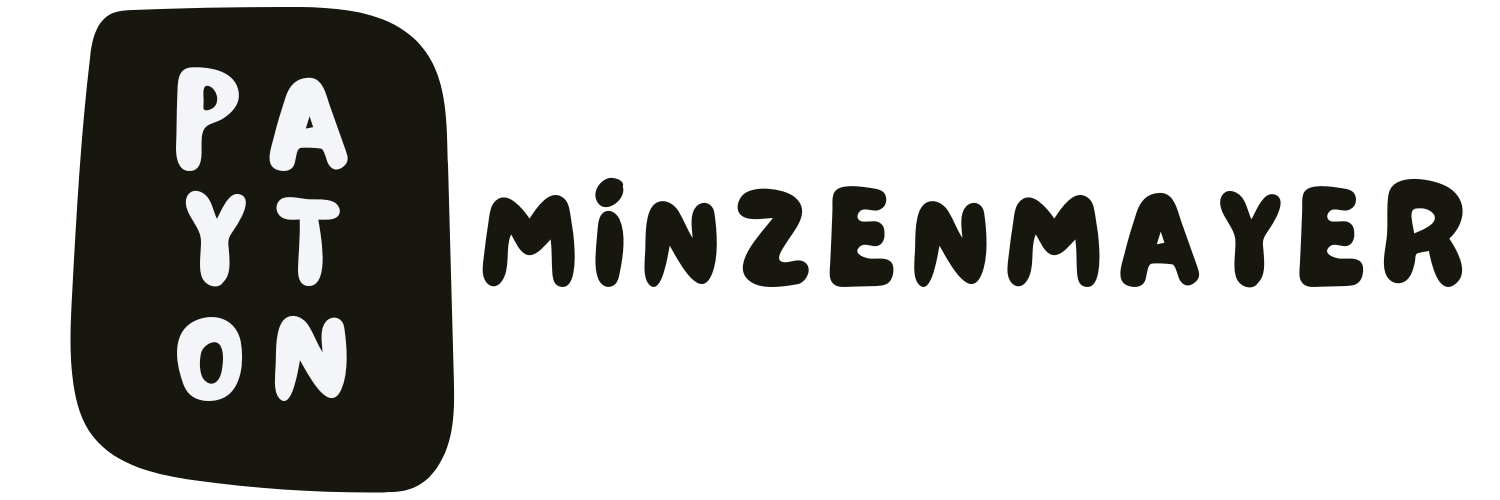I triple-dog dare you to stay on this page longer than 47 seconds.
That may seem easy, but a rise in focus study has found a diminishing attention span in most people.
We all have been there - sitting down to complete a task, only to find ourselves down a rabbit hole of distractions before we even know what's happening. You might start researching for an article on how to be more productive but end up scrolling through TikTok. Or maybe you planned to finish a report for work, but your mind wanders off to your to-do list, next meal, or the latest episode of your favorite show.
The truth is distractions are everywhere, and it's becoming increasingly difficult to focus on a single task. With endless notifications, messages, and tempting distractions, it's no wonder we struggle to concentrate.
Don't worry, you're not the only one struggling to stay focused in this modern age of endless distractions. Even Dr. Gloria Mark, a psychologist who's been studying people's interaction with computers for over 20 years, has found herself knee-deep in a game of Pangram instead of getting work done. It's no wonder she discovered that the average attention span on a screen is only 47 seconds - can someone say...

But in her new book, Attention Span: A Groundbreaking Way to Restore Balance, Happiness, and Productivity, Dr. Mark doesn't just commiserate with us distracted souls. She also provides practical, science-based tips for regaining focus and productivity. And she's not afraid to call out tech companies for designing products that keep us hooked and scrolling for hours on end.
It's like they're trying to turn us all into screen zombies!
Don't let your present self sabotage your future self!
As Dr. Mark advises, it's crucial to envision the consequences of your actions in vivid detail. For example, if you procrastinate and watch the newest season of You or Outer Banks instead of finishing that report, you might pull an all-nighter or miss your morning jog. And let's be real, missing a workout means missing out on all those sweet, sweet endorphins.
By picturing the potential exhaustion or disappointment that will come from your current choices, you'll become more aware of how your actions impact your future behavior. And with enough practice, this exercise in forethought will become second nature. So next time you're about to play a mindless online game, take a moment to ask yourself how it'll serve you. If it's a way to relax and recharge, go ahead and play - but limit yourself to a short break and resist the temptation to keep playing all day long.
It's essential to take breaks and replenish your energy, but if you find yourself mindlessly scrolling or procrastinating, it's time to ask yourself what might be more effective. Maybe it's taking a screen break altogether, asking a coworker for help, or going for a refreshing walk outside. Who knows, you might even stumble upon some inspiration for that report while you're out there!
Create "negative space" in the day.
According to Mark's research, it's important to have what she calls "negative space" in your day. And no, she's not talking about those times when you accidentally schedule two meetings at once and end up with an hour of "negative space" in your calendar. Negative space, in this context, means intentional breaks in your day that give your brain a chance to recharge and reset.
Think of it like the white space on a page - without it, the text would be overwhelming and hard to read. Similarly, you'll quickly become overwhelmed and burnt out without negative space in your day. And we all know what that feels like when you've been staring at a spreadsheet for so long that the numbers start to blur together, and you question whether you're even doing the math anymore.
So what does negative space look like in practice? It could be as simple as taking a few minutes to meditate, walk, or grab a cup of coffee. Or maybe you block off an hour in your calendar each day for creative thinking or personal development. Whatever it is, make sure it's something that nourishes your soul and gives your brain a chance to recharge.
And remember, negative space isn't just for work - it's for all areas of your life. Maybe you set aside some negative space in the morning to enjoy a leisurely breakfast or read a book. Or perhaps you schedule a regular date night with your significant other to break up the monotony of your week. The possibilities are endless.
Know you're own attention rhythms.
According to Dr. Gloria Mark's research, we are just as likely to interrupt ourselves as we are to be distracted by outside forces. This means that we often sabotage our own focus, and we have technology to thank for that.
Thanks, technology!
It's hard to resist the lure of a buzzing phone or a funny TikTok, especially when all your friends are doing it. But don't worry, I'm not judging you for indulging in some mindless scrolling. I get it, sometimes you need to watch this video.
However, Dr. Mark suggests improving our focus by identifying our "rhythm of attention." This means paying attention when we feel most productive and focused throughout the day. For most people, this tends to be around 11 a.m. and mid-afternoon. For me, this is first thing in the morning. Everyone is different. You may be a morning or night owl. Whatever your rhythm is, the key is to use it to your advantage. Here is an excellent resource for managing your energy.
During these optimal periods of focus, Dr. Mark recommends tackling your most challenging tasks. Instead of mindlessly checking your email or scrolling through social media, focus on the work that requires your full attention. And when your mental resources start to dwindle, take a break. Don't worry, this isn't an excuse to take a three-hour nap. Just step away from the screen and do something that allows your brain to recharge, like walking or talking to a friend. Because let's be honest, you can't be productive if you're running on fumes.
Frequently Asked Questions (FAQ)
Q: Who is Dr. Gloria Mark, and what is her book about?
A: Dr. Gloria Mark is a psychologist who has studied people's interaction with computers for over two decades. Her book, Attention Span: A Groundbreaking Way to Restore Balance, Happiness, and Productivity, offers science-based strategies for reclaiming focus in a world of technological distractions.
Q: According to Dr. Mark, how can I improve my focus and productivity?
A: Dr. Mark recommends several strategies, including setting specific time limits for tasks, visualizing the consequences of your actions, and understanding your rhythm of attention. By learning to prioritize tasks during optimal focus periods and taking breaks when mental resources start to dwindle, you can guard against impulsive time-use choices and improve productivity.
Q: Is engaging in mindless digital activities during the day terrible?
A: According to Dr. Mark, engaging in mindless digital activities during the day is not necessarily bad, as they can make people feel happy and calm. However, knowing how these activities can interrupt focus and productivity is essential. By learning your rhythm of attention and setting aside optimal focus periods for challenging tasks, you can balance your need for relaxation with your requirement for productivity.
